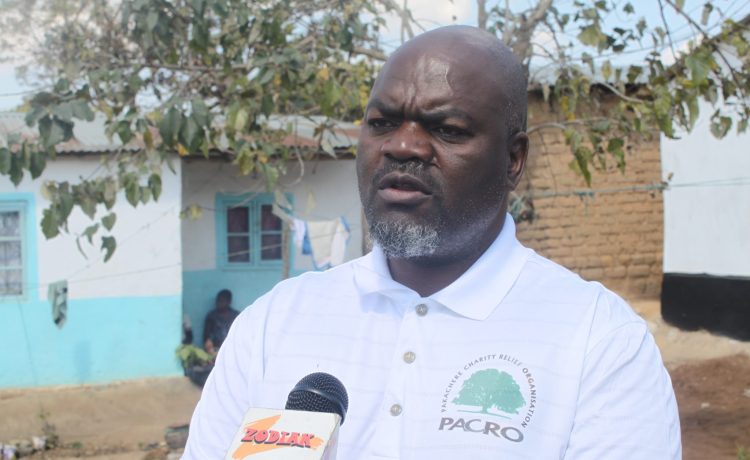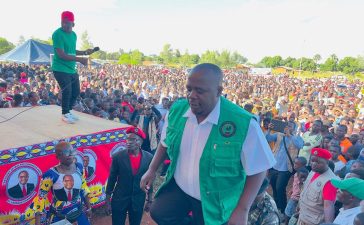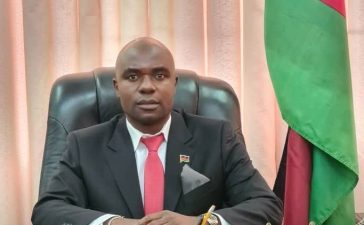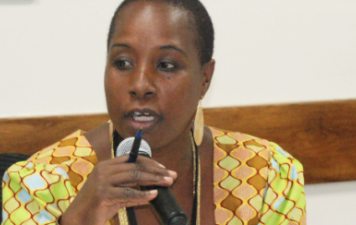In the ever-churning waters of Malawian politics, few incidents illustrate the complexities and challenges of party loyalty and protocol quite like the tumultuous return of Alex Chimwala to the Democratic Progressive Party (DPP). The recent showdown between Chimwala and DPP’s Regional Governor for the South, Charles Mchacha, serves as a vivid reminder of the delicate nature of political affiliations and the weight of public perception.
Chimwala’s dramatic entrance to the DPP’s constituency office—only to find it locked and closed for business—symbolized a crash landing back to a party that he had previously publicized his departure from. His endeavor to reinsert himself into the political landscape without adequately clearing the air regarding his past raises pertinent questions about loyalty and recognition. Chimwala has expressed sheer confusion and frustration, claiming he had followed all necessary protocols. However, as a former member of the DPP fold, Chimwala can only be characterized as a fool for failing to be familiar with the DPP’s attitude of retribution.
Mchacha’s counterpoints — questioning Chimwala’s commitment and alleging breaches of protocol — echo a sentiment held by many in party politics especially the DPP: Contract he party and you will remain a shell empty of trust. Ditch it at one point and your door will remain closed. The DPP does this stating that trust is earned, and actions speak louder than words. It is not just about reconciling with a party; it is about demonstrating unwavering loyalty to its principles, often through visible and public gestures. Chimwala seems to have missed a crucial chapter in this political manual.
Moreover, the gatekeeping dynamics displayed by Mchacha highlight a significant reality in Malawian politics: the importance of established channels and the often-lengthy roads to redemption. While he may have returned to his political home, Chimwala must walk a line that acknowledges and rectifies his past, gaining trust in a climate rife with skepticism.
As the 2025 elections loom closer, the DPP must navigate this prolonged feud wisely. For Chimwala, this experience could serve as a harsh, yet enlightening lesson on adaptability within the political arena. The winds of political change are unpredictable, and as he seeks to elevate his status anew, a strong foundation of trust and respect for institutional protocols will be crucial.













